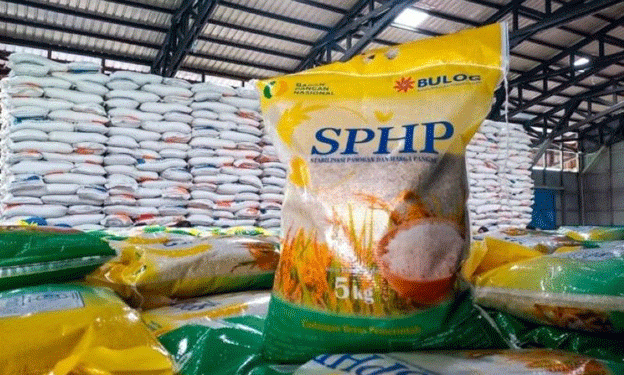Strong Agricultural Policies Keep Indonesia’s Rice Production Stable
As the world faces increasing food security challenges, Indonesia is maintaining a rice surplus, with production exceeding national demand by 2.8 to 3 million tons as of April 2025. Deputy Minister of Agriculture Sudaryono reported these figures to President Prabowo Subianto, reinforcing the government’s commitment to agricultural resilience. With countries like Malaysia, the Philippines, and Japan experiencing rice shortages, Indonesia’s focus on sustaining surplus production is critical for long-term food security.
Key Strategies for Sustaining Rice Surplus
Expanding Rice Production: Indonesia’s annual rice output is around 30-31 million tons, with the government aiming for a yearly surplus of 5-6 million tons to prevent the need for imports.
Encouraging More Frequent Harvests: Farmers are urged to replant immediately after harvesting, allowing up to three planting cycles per year, maximizing land productivity.
Strengthening Agricultural Cooperatives: The Koperasi Desa Merah Putih plays a key role in helping farmers access fertilizers, pesticides, and daily essentials at lower prices, ensuring smoother distribution of rice stocks.
Cutting Distribution Costs to Stabilize Prices: The government is optimizing market operations and reducing middlemen to lower consumer rice prices while ensuring fair earnings for farmers. Collaborations with Bulog and local cooperatives aim to shorten supply chains and prevent excessive price markups.
Challenges and Global Context
Regional Rice Shortages: With many Southeast Asian nations struggling with rice production, Indonesia’s success presents an opportunity for controlled exports while maintaining domestic security.
Infrastructure and Logistics: While production is increasing, efficient storage, transport, and market distribution remain key challenges in preventing post-harvest losses and price fluctuations.
Indonesia’s commitment to maintaining a stable rice surplus despite global food shortages highlights its strong agricultural policies and proactive farming strategies. By continuing support for farmers, improving supply chain efficiency, and ensuring fair market practices, the country can achieve long-term food security while positioning itself as a leading rice producer in Southeast Asia.
Error




